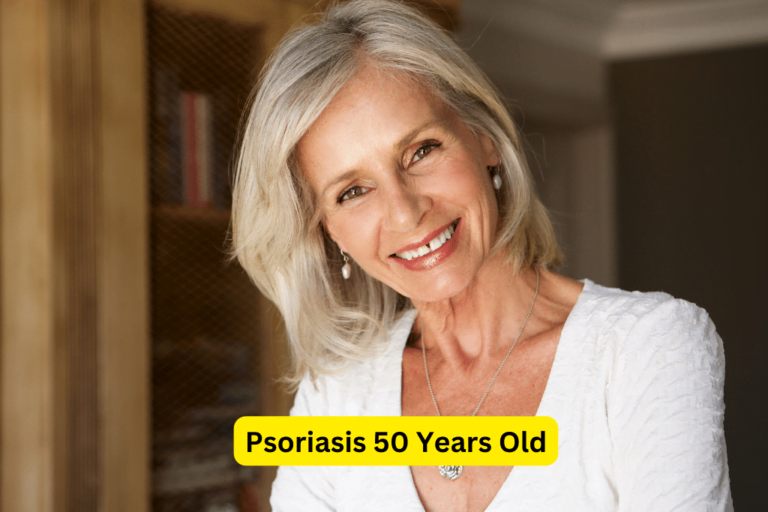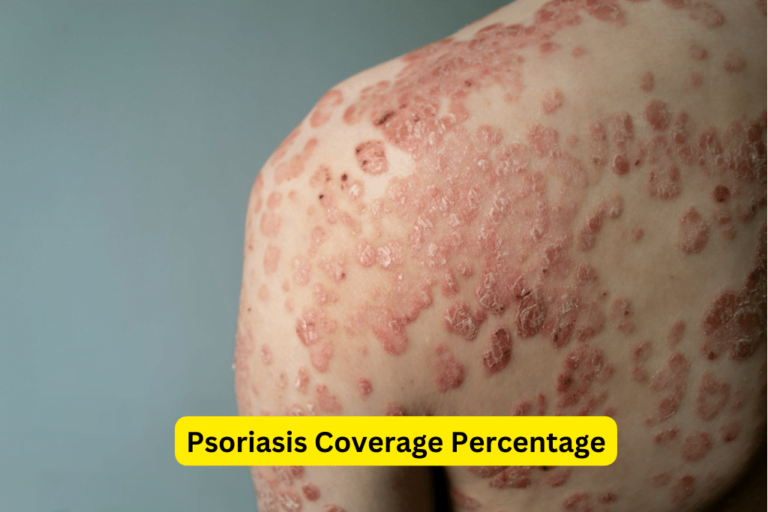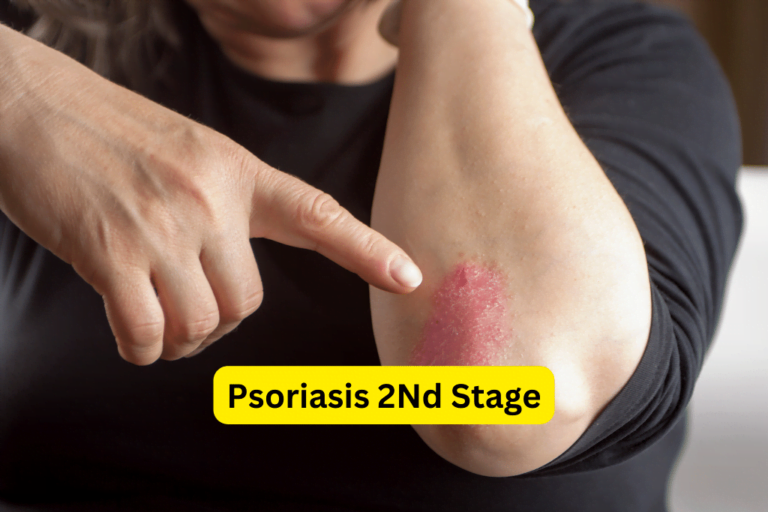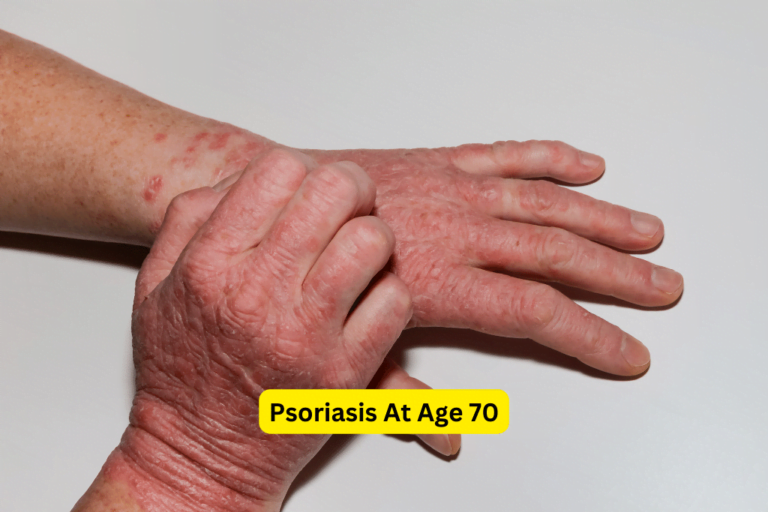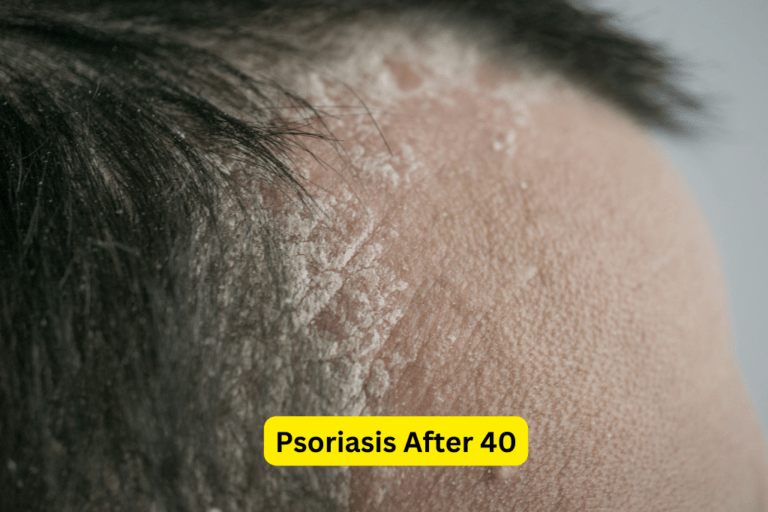Mastering Psoriasis: Your Expert Guide to Tackling Finals
Psoriasis Zero To Finals
Psoriasis is a chronic autoimmune disease that affects the skin, causing red, inflamed patches covered with silvery scales. It is a common condition, affecting millions of people worldwide. Understanding psoriasis is crucial, not only for individuals living with the condition but also for society as a whole. This comprehensive guide aims to equip you with the knowledge necessary to tackle psoriasis confidently, from its causes and symptoms to treatment options and lifestyle modifications.
Understanding Psoriasis
Definition of Psoriasis
Psoriasis is a chronic inflammatory skin condition that manifests as red, scaly patches on the skin. It is caused by an overactive immune system that triggers the rapid growth of skin cells.
Causes and Risk Factors
While the exact cause of psoriasis is unknown, several factors contribute to its development. Genetics, immune system dysfunction, and environmental triggers like stress and infections play a role in the onset and progression of the disease.
Types of Psoriasis
There are several types of psoriasis, including:
Plaque Psoriasis
The most common form of psoriasis characterized by raised, red patches covered with white or silver scales.
Guttate Psoriasis
A subtype of psoriasis that appears as small, red spots on the skin, often triggered by bacterial infections.
Inverse Psoriasis
Psoriasis that affects skin folds, such as the armpits, groin, and buttocks. It appears as smooth, red patches.
Pustular Psoriasis
A rare form of psoriasis characterized by pus-filled blisters on the skin. It can be localized or generalized.
Erythrodermic Psoriasis
A severe and rare form of psoriasis that covers large areas of the body, causing intense redness, shedding of the skin, and discomfort.
Psoriasis vs. Eczema: Key Differences and Similarities
Psoriasis and eczema are two skin conditions that share some similarities but also have distinct differences. Both conditions are characterized by inflamed, itchy skin, but psoriasis is often more severe and presents silvery scales, while eczema tends to have more oozing and crusting.
Signs and Symptoms
Visible Symptoms
The primary visible symptoms of psoriasis include red, inflamed skin patches covered with silvery scales. These patches commonly appear on the elbows, knees, scalp, and lower back.
Non-visible Symptoms
Beyond the visible symptoms, individuals with psoriasis may also experience itching, burning sensations, and discomfort. Psoriasis can take a toll on both physical and mental well-being.
Triggers and Exacerbating Factors
Psoriasis flare-ups can be triggered or exacerbated by various factors, such as stress, infections, certain medications, cold weather, and excessive alcohol consumption. Identifying and avoiding these triggers can help manage the condition.
Diagnosing Psoriasis
Diagnosing psoriasis often involves a combination of clinical assessment, physical examination, medical history, and ruling out other conditions that may present similar symptoms. A dermatologist or healthcare provider specializing in skin disorders can provide an accurate diagnosis.
Treatment Options
Topical Treatments
Topical treatments are the first-line approach for managing mild to moderate psoriasis. Common topical treatments include corticosteroids, vitamin D analogues, retinoids, coal tar, and salicylic acid. These medications help reduce inflammation, control scaling, and ease itching.
Phototherapy
Phototherapy involves exposing the skin to ultraviolet light to reduce inflammation and slow down skin cell turnover. UVB phototherapy and PUVA therapy are commonly used phototherapy options for psoriasis treatment.
Systemic Medications
In more severe cases, systemic medications may be prescribed, which work throughout the body to suppress the immune system. Methotrexate, cyclosporine, and biologic agents are examples of systemic medications used in the treatment of psoriasis.
Lifestyle Modifications
Lifestyle modifications can complement medical treatments and help control psoriasis. Stress management, adopting a healthy diet, avoiding triggers, and maintaining proper moisturizing practices are all important aspects of managing psoriasis.
Managing Psoriasis Flares
Flare-ups of psoriasis can be challenging to manage, but there are strategies that can help. Recognizing flare triggers, implementing coping strategies during flares, regularly following up with a healthcare provider, and seeking support from patient communities and organizations can all contribute to coping with and managing psoriasis flares.
Complications and Associated Conditions
Psoriasis is not just a skin condition. It is also associated with various complications and co-existing conditions, such as psoriatic arthritis, cardiovascular disease, and mental health disorders including depression, anxiety, and body image concerns. Managing these associated conditions is crucial for overall well-being.
Psoriasis in Special Populations
Psoriasis can present unique challenges in different populations. Understanding how psoriasis affects children and adolescents, management considerations during pregnancy, the impact on elderly individuals, and cultural considerations can help tailor treatment and support to specific needs.
Emerging Therapies and Research
Ongoing research and clinical trials continue to explore new insights into psoriasis and potential future therapies. Innovations in treatment options, such as targeted biologic agents, show promise in improving outcomes for individuals with psoriasis.
Coping with Psoriasis
Living with psoriasis can have a significant psychological impact. Building self-esteem and self-image, implementing supportive strategies, and exploring holistic approaches, such as mindfulness and complementary therapies, can enhance overall well-being and improve quality of life.
Conclusion
This comprehensive guide has covered the essential aspects of psoriasis, from its causes and symptoms to treatment options and coping strategies. If you suspect you may have psoriasis, it is crucial to seek medical attention and support from healthcare professionals who specialize in skin disorders. With the right management and support, individuals living with psoriasis can lead fulfilling lives while effectively managing their condition.
"Have You Seen Mike Walden's new holistic acne System yet? It's called "Acne No More" I've read the whole thing (all 223 pages) and there's some great information in there about how to naturally and permanently eliminate your acne without drugs, creams or any kind of gimmicks. I highly recommend it - it's very honest and straightforward without all the hype and b.s. you see all over the net these days. Here's the website where you can get more information:
Click Here -->AcneNoMore




